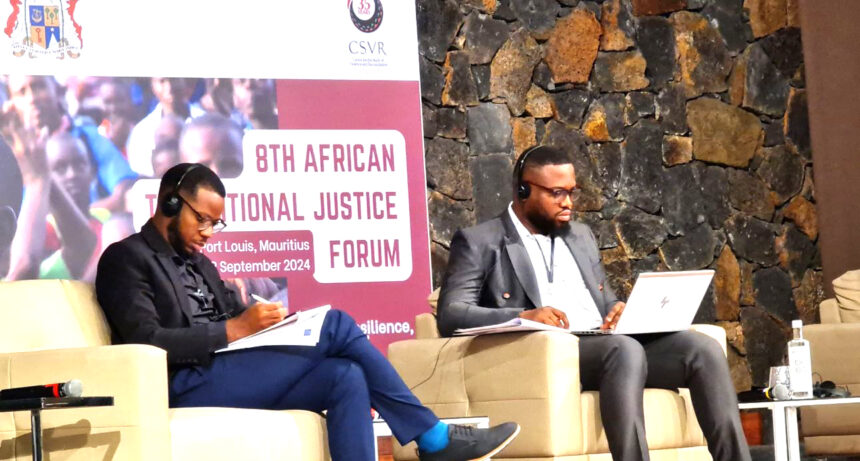Bernardus Steven |Haraǂgeib has been appointed as an expert on the Reference Group of the African Union Transitional Justice Policy (AUTJP).
The AUTJP is the strategic framework for delivering Africa’s goal for inclusive and sustainable development.
It guides the African Union member states that are emerging from conflict and repressive regimes to develop context-specific and comprehensive policies, strategies and programmes towards achieving democratic and socio-economic transformation, sustainable peace and justice.
“What makes this work so critical is the inclusion of young people on these platforms. Young people and women often bear the disproportionate impact of conflict and post-conflict inequalities. That is why our voices, experiences and perspectives must be crucial in the rollout of the policy,” he told Youth Corner.
The African Union Commission’s Department of Political Affairs, Peace and Security (AUC-DPAPS), with technical support from the Centre for the Study of Violence and Reconciliation (CSVR), has appointed a continental Reference Group on Transitional Justice in Africa.
The appointment was premised on equal regional representation.
|Haraǂgeib said being part of the selected team, they will ensure their voices are heard.
“That is why our voices, experiences and perspectives must be crucial in the rollout of the policy,” he noted.
He said the AUTJP does not just speak to State actors, but also to non-State actors who influence how these policies take shape on the ground, particularly with communities harmed as a result of ongoing or past conflict.
“As we address generational trauma, structural inequalities and the socio-economic challenges that conflict-affected societies face, it becomes imperative that this policy reflects the realities of those most affected, especially young people,” said the passionate youth activist.
The development practitioner acknowledged that Namibia has made strides in addressing the inequalities stemming from its colonial past.
“However, it is important to acknowledge the unique challenges we still face, which are deeply contextual to our nation and region as southern Africa,” he remarked.
He added: “The key is amplifying the incredible work being done by young people across the continent through activism. Whether it is through organising on social media, petitioning, removing colonial iconography, writing opinion pieces or raising awareness, these efforts have been critical in addressing historical injustices ,and keeping the conversation alive”.
He said young people are pushing the issue of justice and equality to the forefront, and it is important that they continue to platform their voices.
The members are appointed for a maximum period of three years.
-psiririka@nepc.com.na



